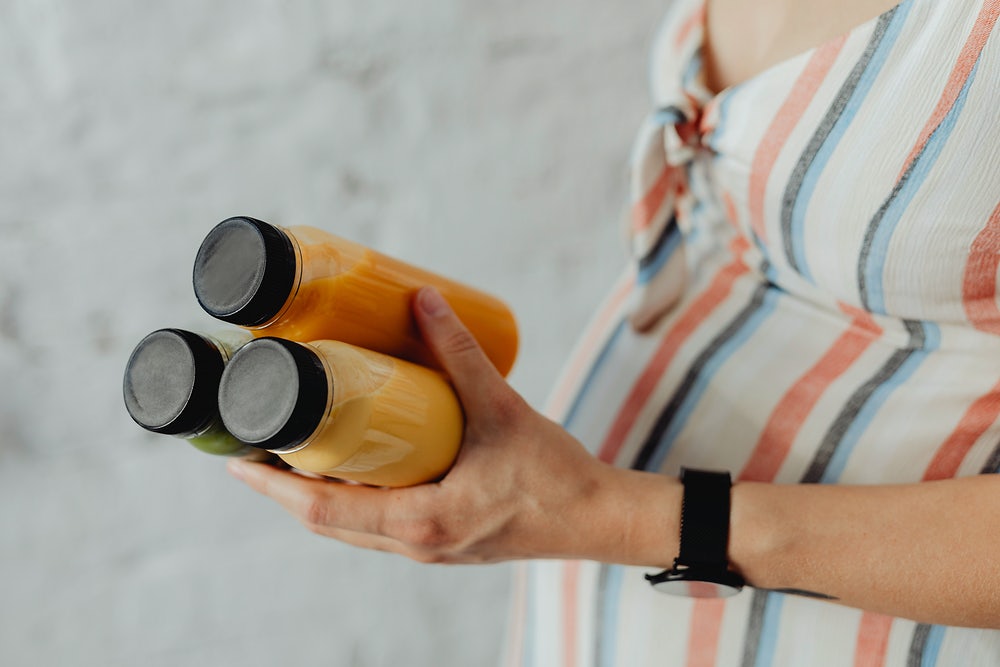
Nutrition During Pregnancy
This is probably the most important time to get your nutrition right!
If your BMI is above 30, and you are classed in the Obese category, you need to try to get your BMI down. You need to try to get more active, even if it’s just walking and making small changes to your lifestyle. Obesity can cause many issues in pregnancy not just to you but to your baby. So now is a good time to watch what you are eating, portion control, hydration and physical activity. If you haven’t worked out for a while but are wanting to get fitter during pregnancy, you can start a fitness regime, providing there are no absolute contra-indications as to why you can’t exercise. Your GP will tell you if there are, i.e. risk of pre-term labour, recurrent miscarriages, incompetent cervix, etc.
We used to be told if we hadn’t exercised before or for a while that we could not start an exercise program during pregnancy. This simply isn’t true anymore. Exercise and nutrition are essential during pregnancy.
During pregnancy, we do not need to eat for two!
This used to be something our mum’s told us. You do not need any extra calories during the first trimester. You need around 300 extra calories during the second trimester and 400-500 during the final trimester and during lactation/breastfeeding 500 extra calories.
Restrictive low-calorie diets are not recommended if you are breastfeeding as this can have an impact on your milk flow, and you burn extra calories through breastfeeding anyway. So now is not the time to diet, but you do need to have a well-balanced nutritional diet and stay hydrated.
A healthy weight gain during pregnancy is 1-2KG during the first trimester, 1.3-2kg during the second and third trimester. Obviously this is dependent on our BMI and weight prior to pregnancy.
Eating a healthy well-balanced diet should contain vegetables, especially green leafy vegetables such as spinach and broccoli. Lean meat, fish, fruit, beans, and pulses, calcium, fats, sugars, and oils a limited amount. Try to avoid pastries, cakes, and anything containing too much fat and salt.
If you eat well during pregnancy and get or remain active you will find it will be easier to lose weight after the baby arrives.
Don’t weigh yourself during pregnancy, you are likely to gain weight, a lot of this will be water. You will lose a considerable amount as soon as the baby arrives. Then you need to be kind to yourself. Take the time to get to know your baby. Then once you are feeling ready, you can start an exercise regime to help get fitter and back into your pre-pregnancy shape.



